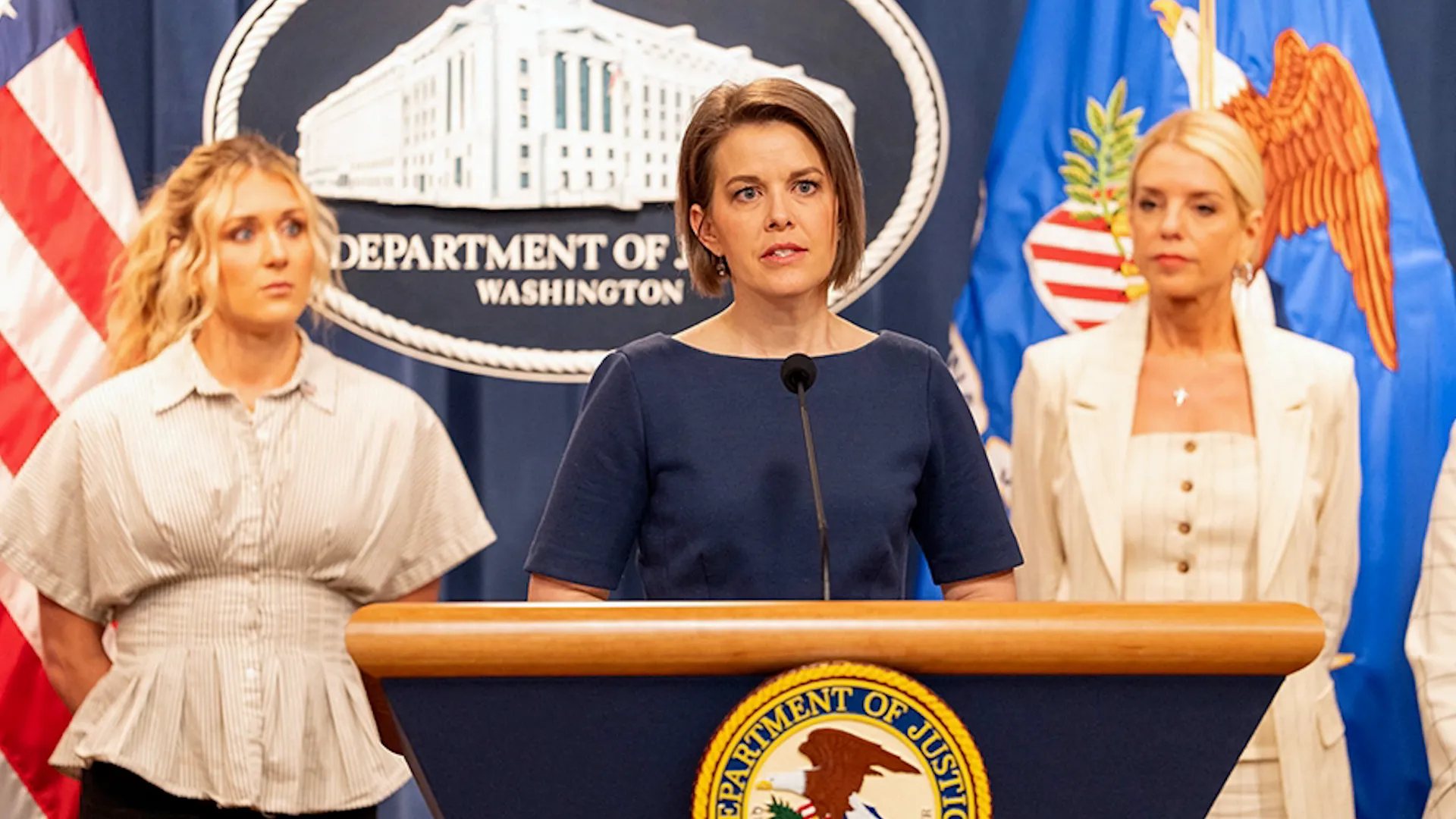Supreme Court Temporarily Reinstates Maine Lawmaker’s Voting Rights Amid Free Speech Dispute
In a significant ruling on May 20, 2025, the U.S. Supreme Court issued an emergency order requiring the Maine House of Representatives to temporarily restore voting rights to Republican State Representative Laurel Libby. This decision comes as Libby challenges a censure imposed after she publicly criticized a transgender high school athlete on social media.

Background: Controversial Social Media Post Leads to Censure
In February 2025, Rep. Libby posted on her official Facebook page, identifying and sharing a photo of a transgender student-athlete who had won a girls’ pole vault event at a state championship. Libby argued that the athlete’s participation was unfair to cisgender female competitors. The post sparked widespread concern over the student’s privacy and safety.
The Maine House, led by Democrats, voted 75-70 along party lines to censure Libby. She was barred from speaking or voting on the House floor until she issued a formal apology—a condition she refused to meet. Libby and six of her constituents filed a federal lawsuit, claiming the censure violated her First Amendment rights and disenfranchised her district’s voters.
Supreme Court’s Emergency Intervention
After lower courts denied her requests for relief, Libby appealed to the Supreme Court. In an unsigned order, the Court granted her emergency application, allowing her to resume voting while the case proceeds in the lower courts. The order did not provide detailed reasoning, which is customary for decisions made on the Court’s “shadow docket”.
Justices Sonia Sotomayor and Ketanji Brown Jackson dissented. Justice Jackson expressed concern over the Court’s increasing use of the emergency docket, stating that such interventions should be reserved for clear and urgent cases. She argued that Libby’s situation did not meet this threshold, as there were no imminent legislative votes that would be affected by her temporary inability to participate.
Broader Implications and Reactions
The case has reignited national debates over the balance between free speech rights of elected officials and the enforcement of legislative codes of conduct. Supporters of Libby view the Supreme Court’s decision as a victory for constitutional rights and representative democracy. Critics, however, argue that the ruling undermines the authority of legislative bodies to enforce ethical standards among their members.
This incident also highlights the ongoing controversy surrounding transgender athletes’ participation in sports, a topic that has seen increased legislative and judicial attention across the United States. The Supreme Court’s decision to intervene, even temporarily, underscores the complex interplay between individual rights and institutional governance in such contentious issues.


Comments are closed, but trackbacks and pingbacks are open.